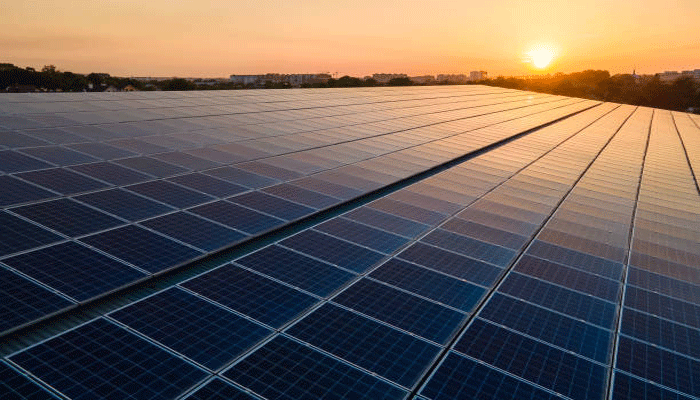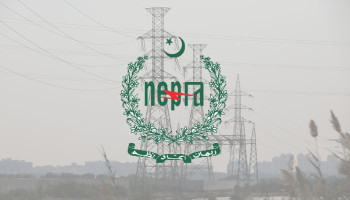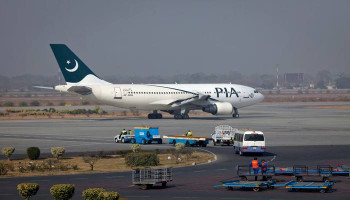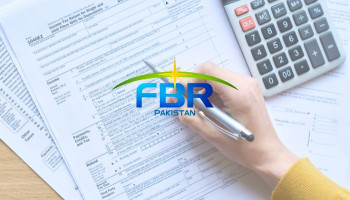
Pakistan is the sixth-largest solar market worldwide, reflecting its growing commitment to renewable energy, specifically solar power. According to a report by the World Economic Forum (WEF), the country’s potential to become a leader in solar adoption as the world shifts toward sustainable energy solutions.
According to the World Bank, allocating just 0.071% of the country’s land for solar photovoltaic (PV) systems could meet Pakistan’s entire electricity demand, showing immense untapped potential.
Renewable energy sources, including solar, wind, and biomass, currently account for only 5.4% of Pakistan’s energy mix. The National Electric Power Regulatory (NEPRA) reported that the majority of the country’s electricity still depends on fossil fuels (63%) and hydropower (25%).
Solar market expansion in Pakistan has been aided by favourable external conditions, particularly the overproduction of solar panels in China. This surplus has driven down solar equipment costs, positioning Pakistan as the third-largest importer of Chinese solar products.
These budget-friendly imports have sustained the country’s solar infrastructure and supported its growing reliance on renewable energy. Moreover, longstanding inefficiencies in Pakistan’s energy sector have boosted the transition to solar.
These challenges have prompted individuals, businesses, and policymakers to turn to solar power as a practical and cost-effective solution.
Pakistan’s solar adoption showcased its potential to become a leader in renewable energy, providing hope for a more sustainable and energy-secure future.
















